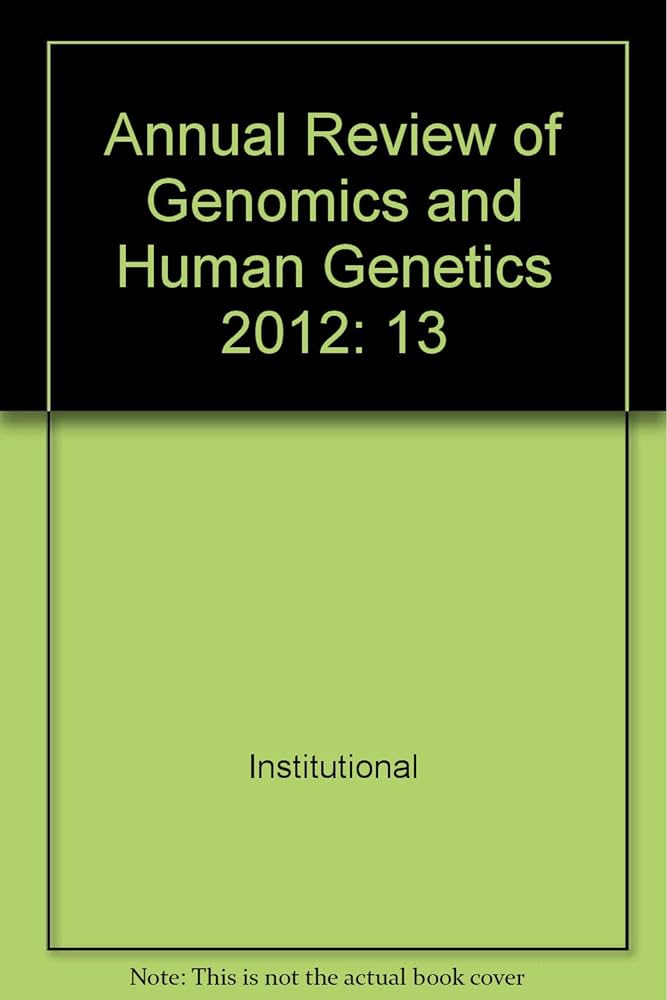The Emergence and Global Spread of Noninvasive Prenatal Testing.
IF 7.9
2区 生物学
Q1 GENETICS & HEREDITY
Annual review of genomics and human genetics
Pub Date : 2021-08-31
Epub Date: 2021-04-13
DOI:10.1146/annurev-genom-083118-015053
引用次数: 52
Abstract
Since its introduction in 2011, noninvasive prenatal testing (NIPT) has spread rapidly around the world. It carries numerous benefits but also raises challenges, often related to sociocultural, legal, and economic contexts. This article describes the implementation of NIPT in nine countries, each with its own unique characteristics: Australia, Canada, China and Hong Kong, India, Israel, Lebanon, the Netherlands, the United Kingdom, and the United States. Themes covered for each country include the structure of the healthcare system, how NIPT is offered, counseling needs and resources, and cultural and legal context regarding disability and pregnancy termination. Some common issues emerge, including cost as a barrier to equitable access, the complexity of decision-making about public funding, and a shortage of appropriate resources that promote informed choice. Conversely, sociocultural values that underlie the use of NIPT vary greatly among countries. The issues described will become even more challenging as NIPT evolves from a second-tier to a first-tier screening test with expanded use. Expected final online publication date for the Annual Review of Genomics and Human Genetics Volume 22 is August 2021. Please see http://www.annualreviews.org/page/journal/pubdates for revised estimates.无创产前检测的出现和全球传播。
自2011年推出以来,无创产前检测(NIPT)在全球迅速普及。它带来了许多好处,但也带来了挑战,通常与社会文化、法律和经济背景有关。本文描述了NIPT在九个国家的实现,每个国家都有自己独特的特点:澳大利亚、加拿大、中国和香港、印度、以色列、黎巴嫩、荷兰、英国和美国。每个国家涵盖的主题包括医疗保健系统的结构,如何提供NIPT,咨询需求和资源,以及有关残疾和终止妊娠的文化和法律背景。出现了一些共同的问题,包括成本成为公平获取的障碍,公共资金决策的复杂性,以及缺乏促进知情选择的适当资源。相反,各国使用NIPT的社会文化价值观差异很大。随着NIPT从二级筛查测试发展到一级筛查测试,随着使用范围的扩大,所描述的问题将变得更加具有挑战性。
本文章由计算机程序翻译,如有差异,请以英文原文为准。
求助全文
约1分钟内获得全文
求助全文
来源期刊
CiteScore
14.90
自引率
1.10%
发文量
29
期刊介绍:
Since its inception in 2000, the Annual Review of Genomics and Human Genetics has been dedicated to showcasing significant developments in genomics as they pertain to human genetics and the human genome. The journal emphasizes genomic technology, genome structure and function, genetic modification, human variation and population genetics, human evolution, and various aspects of human genetic diseases, including individualized medicine.

 求助内容:
求助内容: 应助结果提醒方式:
应助结果提醒方式:


